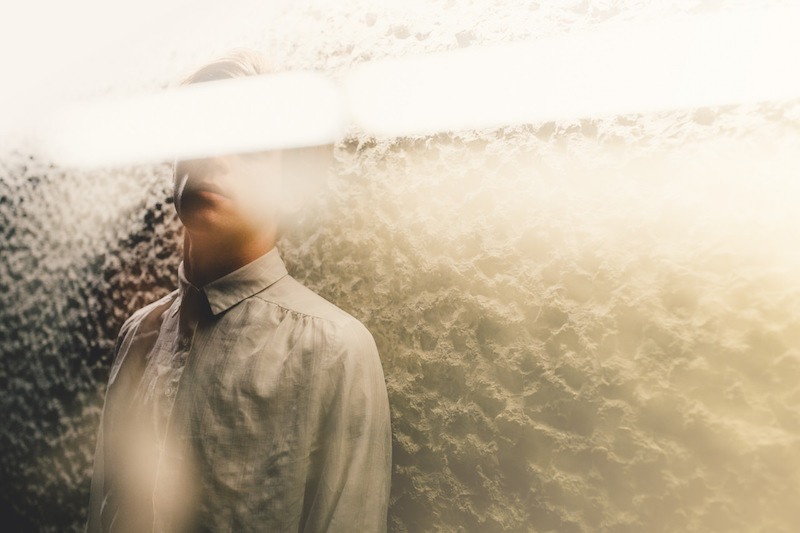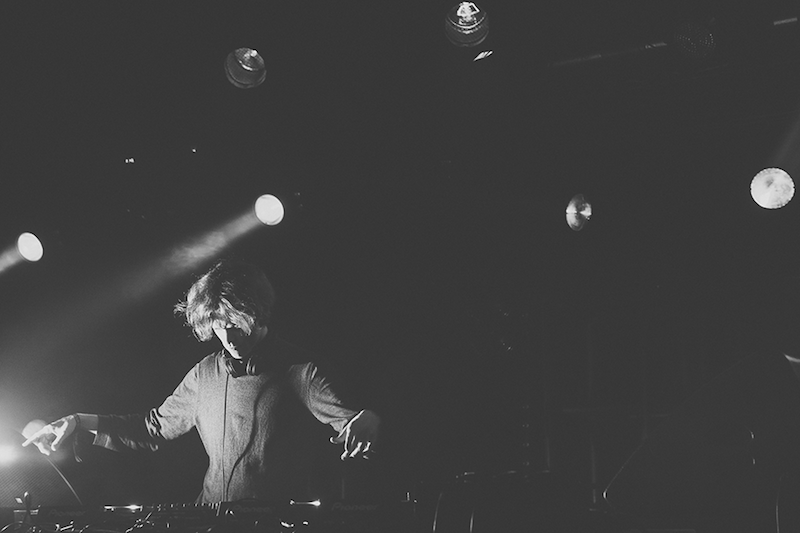Ghost Culture, the ghost of the dancefloor
There are ghosts that take up a considerable amount of space in our collective memory. Casper is surely the best example of all: the little joyful, naïve ghost, an ugly duckling in spite of himself, who sweetened our childhoods with his prepubescent voice and his doe eyes. There’s also Patrick Swayze, who, after all these years, still has an astounding effect on the craziest of romantics and the 40 year old housewives, with his grand seducer looks opposite a whining Demi Moore. There are those who surround us every day, which we invoke around a Ouija board, who announce their presence with a soft breath to the neck, a crash or a suspicious moving of a chair. There are those we come across in our dreams, familiar and full of love, whom we miss desperately. There are the baddies, those who make the television crackle, a wall creak, or make us burst out with “fucks” and “suck my ****”, our eyes rolled backwards.

Anyway. There are also musicians, artists whose worlds are filled with ghostly sound waves. Ghost Culture, a Londoner through and through, released his first eponymous album last year under a downpour of praise from the pulsating electronic scene. It’s not surprising, then, that label Phantasy, headed by Erol Alkan, declared that “the album is only the tip of the iceberg. He has so much more good music in store for us.” We’ve already heard his numerous electro delights with Daniel Avery’s drone-like music (Drone Logic) and Connan Mockasin’s colourfully transgender atmosphere (Forever Dolphin Love and Caramel). Ghost Culture is a deluge, an affluence of house, downtempo and hybrid pop that copulate in the gayness of nocturnal clubs.
Since announcing his first single, “Mouth”, the Londoner has been on the tip of every single elite English press’ tongues. “Delightfully woozy” according to Pitchfork, and described by Dummy as being “a jerky electro pop earworm that just gets better with every listen”, his first album reinvents the crème de la crème and sends clichés flying out the window. His sound is simply more intelligent and denounces, without knowing, the rushed mixing of mobile disco DJ’s. The disco ball is far, far away. From now on, it’ll be hanging in the obscurity of our rooms. But there’s nothing stopping us from reminiscing about our spirit 15 years earlier on the dancefloor. That’s genius for you, popular and intimate all at the same time.
“I have always had an itch that needed scratching. Music that needed, rather than wanted, to come out. I find myself with rhythm and melody implanted in my head; it urges to take up the form of a recording and, then, become art », said the Englishman. This kind of convoluted imagery simply signifies that his urgency lies in music, that it becomes natural to the point of him being born for it, and not the opposite. It would be pretentious to claim it. Anyway, the young ectoplasm will forever haunt (and we dearly hope so) the innumerable London clubs, until they get drunk on his sounds and rhythms – although he’s nearly there. All this is to say, there are ghosts that we never forget.
— — —
The first album of Ghost Culture is available since January 5th, 2015 in Phantasy Sound, as well as in all download platforms. Follow him on his Facebook page and on Soundcloud.
Text by © Julien Catala





